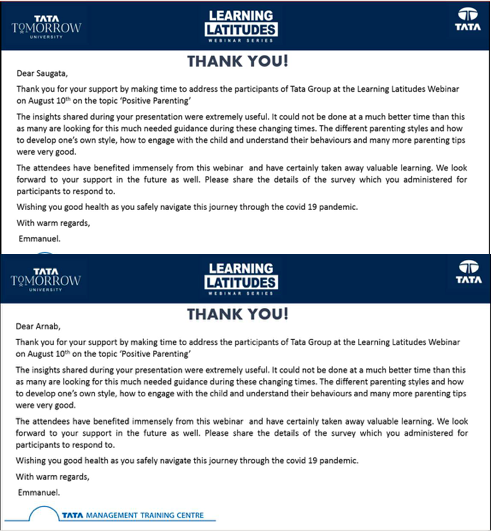Blog
Values and Compassion – YOUR Child Observes and Learns

Some behaviours cannot be taught. They need to be demonstrated by the parents and then only the children understand it by being a part of it. One such important behaviour is Values and Compassion. The human heart is designed to feel pain of others and respond with compassion. Whenever there is some injustice or something incorrect happening, it tugs at the heart.
Adults in the growing up process have learnt to ignore it, but the tug at the heart would happen always. This happens to the child also and it needs to be adequately explained and demonstrated. Several instances come to the fore where values and compassion can be demonstrated by parents. For instance, rescuing a stressed pet, volunteering to make the earth greener, nurturing saplings on the road side, going vegetarian are all the right things to do.
Rudra (name changed for confidentiality) went to the market with his father every Sunday to purchase fruits, vegetables, fish and poultry. He would look the other side when the butcher would prepare the chicken for them. He saw many people place order and go for shopping other things, while the butcher would prepare the chicken for them. That is not the right thing to do, Rudra’s father would say. After all that gives a chance to the butcher to keep a piece of the meat for themselves.
In school Rudra learnt that 29% of Indians were vegetarians. They never consumed meat. He also learnt about Vegans. The next Sunday Rudra told his father that he had some school project to catch up with and therefore would not go to the market. His mother also noticed that from the Chicken curry Rudra would only pick out the curry and the potatoes, and not have any meat.
After a few more Sunday’s his father asked Rudra the real reason for not going to the market. Rudra stated that he wanted to become vegetarian. Numerous arguments were put forth by his parents trying to dissuade him from giving up meat. Those ranged from nutrition, taste, community preferences, no one person can change the world, livelihood for the butchers, destiny of the birds. However Rudra stood to his ground and after sometime he stopped having the curry and potato from the chicken dish.
Unable to change the preference of Rudra, his mother also learnt a few vegetarian dishes including paneer and kofta. Mother wanted everyone to eat the same dishes and father too agreed to it. The next Sunday when father returned from the market the bag was full of vegetables and fruits. No fish or chicken. Only one person is needed to change everyone, said his father, as the whole family embraced vegetarian.
Instead of trying to teach, behaviours like compassion are best demonstrated by the parent.
At Yancha, expert guides provide the much needed inputs to parents to carry out the behavioural development of the children. While schools focus on the academic development based on prescribed curriculum, behavioural development and building on the areas of interest of the child is best carried out by the parents.
The fundamental reason for children to achieve far beyond expectations is the behavioural development carried out by the parents in the formative years of their development.
These need a change in parents behaviour as well, because belief and action must be aligned else the child learns to be manipulative and not compassionate one. There are instances where the parents might criticize a family member in absence but in the presence of the person, they appear to be very happy to have them around. Such actions are noticed by the child and the child learns to be manipulative over time.
The way the family treats the household help, the beggar on the street crossing, the taxi driver or the people with much lesser financial status gives a lot of inputs to the child.
SUBMIT COMMENTS
Blog Comments
-
No comment found.
Popular Posts
- Every Parenting Situation is Unique
- How to guide your Child to overcome fear and associated behaviour
- Decision Making - A Feeling
- Values and Compassion – YOUR Child Observes and Learns
- Reprimand - is it right thing to do?
- Is Availability of Resources the Differentiator for Success?
- How to help children to achieve their Full Potential
- Discover Ways to Stay Focused and Avoid Distractions
- Parents – Owner or Custodian of the Child
- My child is well behaved and obdedient..Why is that not enough?
- Connect with Your Child but Understand why NOT to Overdo it
- How to Actively Listen & Respond to your Child
- The Importance of Humility in Parenting
- Teaching Positive Discipline to a Child
- Positive Ways to React When Your Child Does not seem to 'Obey'




